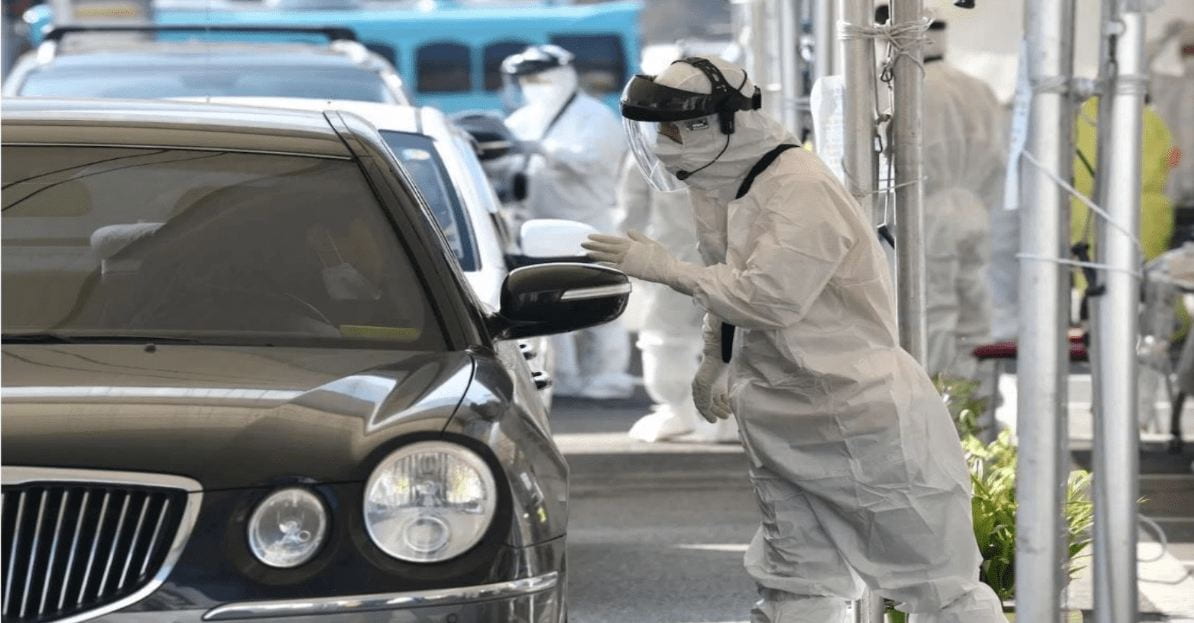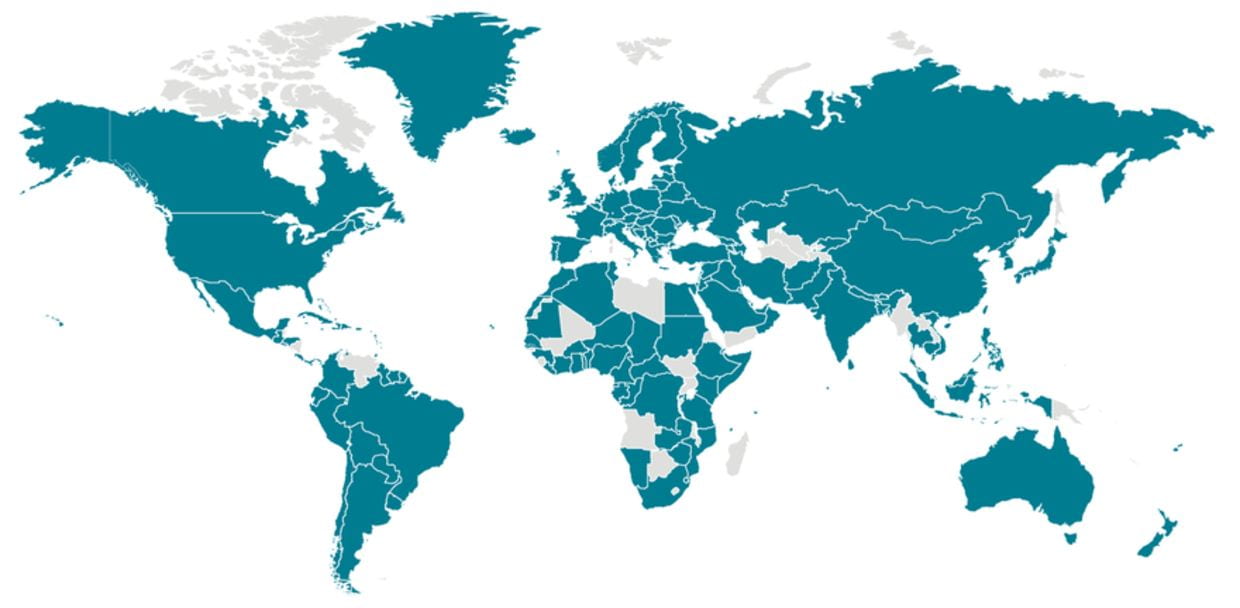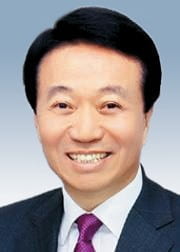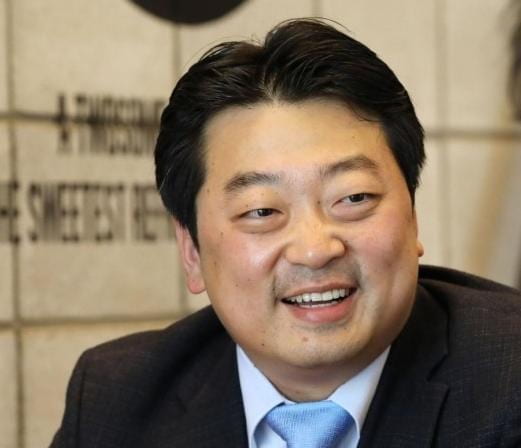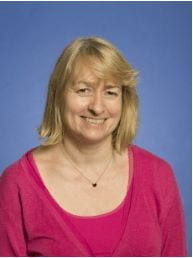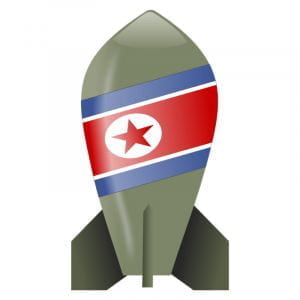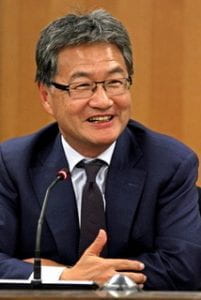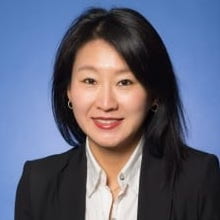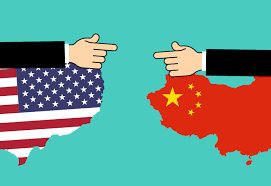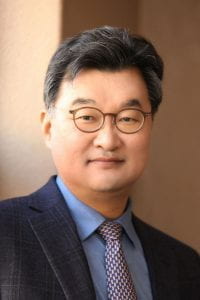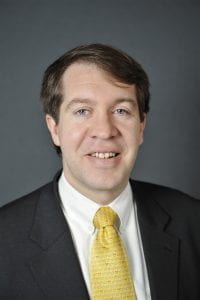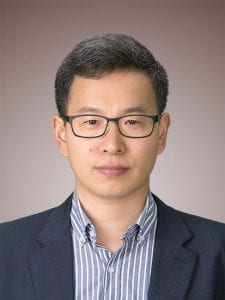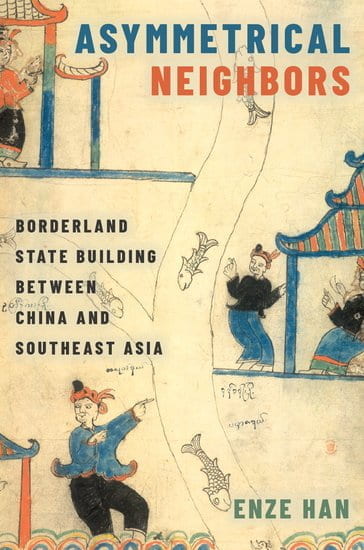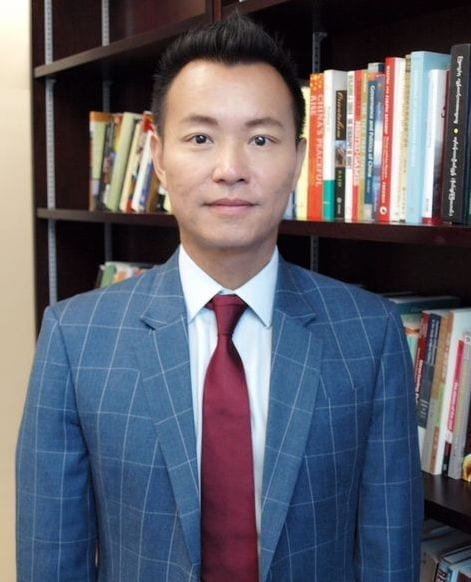
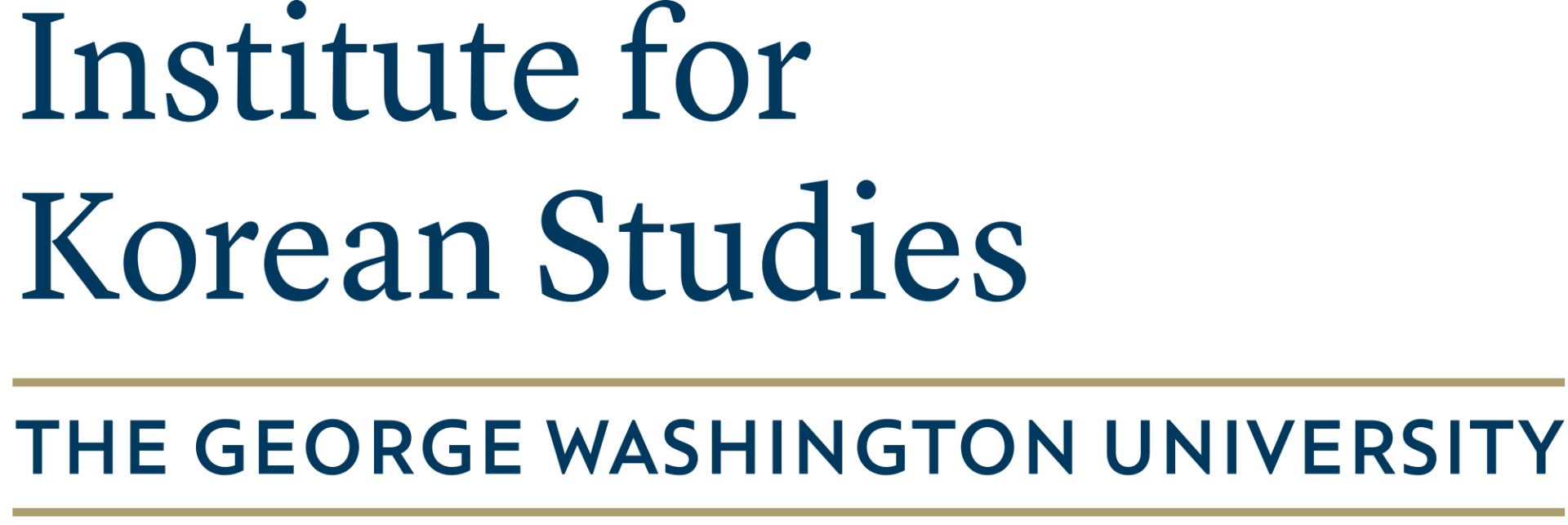
Korea Policy Forum
“South Korea’s Response to the Corona Virus: Public Health, ICT, and Economic Measures”
Event Description
As the world is reeling from the coronavirus pandemic, South Korea has emerged as a model of effective testing, contact tracing, and treatment. It is remarkable that South Korea succeeded in flattening the curve of new infections without lockdowns or travel restrictions. On April 15, South Koreans even held the world’s first general election in the coronavirus era with a record high turnout rate. As the U.S. is aiming to reopen the economy, the South Korean case would provide a rare example of how the coronavirus pandemic management could work.
Please join GW Institute for Korean Studies for an online discussion on South Korea’s response to the COVID-19 pandemic in the areas of public health measures, use of technology and data, and economic and financial measures.
Speakers
Chang Huh
Deputy Minister for International Affairs, Ministry of Economy and Finance
Hee-Kwon Jung
Director-General, International Cooperation Bureau of the Ministry of Science and ICT
Moran Ki
Professor, Department of Cancer Control and Population Health, National Cancer Center Graduate School of Cancer Science and Policy (NCC-GCSP)
Moderator
Yonho Kim
Associate Director, GW Institute for Korean Studies
Date & Time
Thursday, April 23rd, 2020
9:00 AM-10:00 AM
Registered guests will receive a separate WebEx invitation email with details
for joining the event a day before the event.
Note: This event is open to the public and on the record.
Speakers
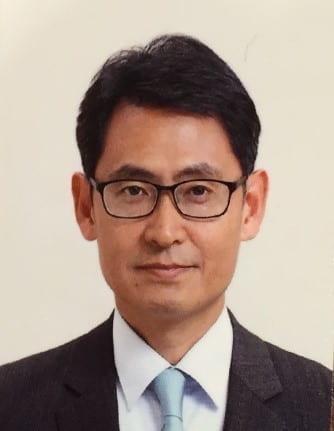
Chang Huh has been serving as the Deputy Minister for International Affairs of the Ministry of Economy and Finance since February 2020. He has worked in various capacities both at home and abroad, including serving as the Director General for the Development Finance Bureau from 2018 to 2020 and as the Senior Director for the International Economic Policy Division from 2012 to 2013. Dr. Huh has also worked at the OECD as the Minister of the Permanent Delegation of the Republic of Korea (2015-2018) and at the Asian Development Bank (ADB) as an advisor to the Executive Director of the Korean Office (2004-2005). He majored in International Economics at Seoul National University and received a Ph.D. in Economics from I.E.P. de Paris in July 2003.
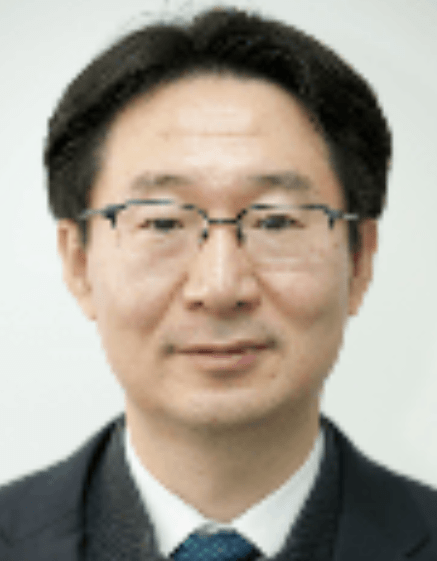
Hee-Kwon Jung has been serving as the Director-General for the International Cooperation Bureau of the Ministry of Science and ICT since November 2019. He also served as the President of the Seoul Office of Central Radio Management Service of the Ministry of Science and ICT from 2018 to 2019. From 2014 to 2016, he worked as the Director of the Public-Private Joint Task Force for the Creative Economy on the Presidential Advisory Council for Science and Technology and held positions in the S&T Innovation Division, S&T Strategy Division, and S&T Policy Division of the Ministry of Science, ICT and Future Planning. From 2009 to 2011, he was seconded to the OECD. In 2007, he worked as the Director of the Technology Innovation System Division of the Ministry of Science and Technology. He graduated from Seoul National University, majoring in International Economics, and acquired an M.A in Public Administration from the University of Missouri.
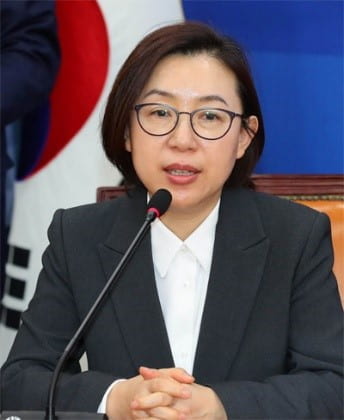
Moran Ki is a professor in the Department of Cancer Control and Population Health at the National Cancer Center Graduate School of Cancer Science and Policy (NCC-GCSP). Her expertise lies in infectious disease epidemiology and global health. She worked as a professor in the Department of Preventive Medicine at Eulji University from 1998 to 2013 and served as the Dean of Eulji University’s Graduate School of Public Health from 2005 to 2008 and again from 2011 to 2013. She received her Ph.D. from Hanyang University’s College of Medicine. She also received an M.P.H. in Public Health from Seoul National University and an M.D. in medicine from Hanyang University.
Moderator
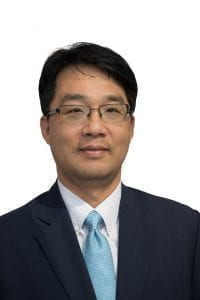
Yonho Kim is Associate Research Professor of Practice and Associate Director of GW Institute for Korean Studies. He specializes in North Korea’s mobile telecommunications and U.S. policy towards North Korea. Kim is the author of North Korea’s Mobile Telecommunications and Private Transportation Services in the Kim Jong-un Era (2019) and Cell Phones in North Korea: Has North Korea Entered the Telecommunications Revolution? (2014). His research findings were covered by various media outlets, including Wall Street Journal, The Atlantic, Yonhap News, and Libération. Prior to joining GWIKS, he extensively interacted with the Washington policy circle on the Korean peninsula as Senior Researcher of the U.S.-Korea Institute at Johns Hopkins University School of Advanced International Studies, Senior Reporter for Voice of America’s Korean Service, and Assistant Director of the Atlantic Council’s Program on Korea in Transition. He holds a B.A. and M.A. in International Relations from Seoul National University, and an M.A. in International Relations and International Economics from Johns Hopkins University School of Advanced International Studies.
